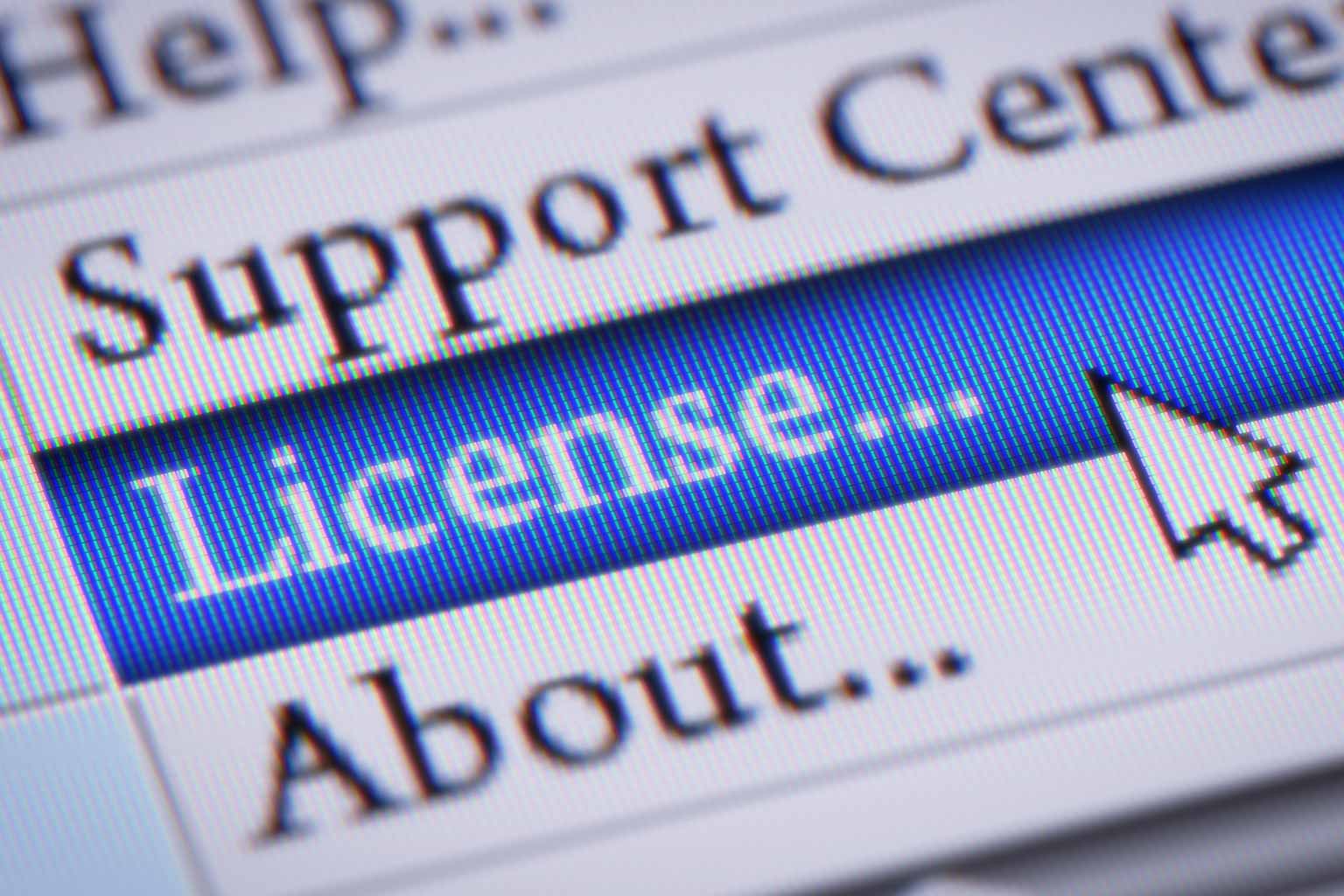- Licensing – In this section, you comprehensively provide for the grant of the license, including the conditions for such grant, permitted us, restrictions etc. This is usually on non-exclusive basis since licenses are usually issued for commercial purposes, and includes accruing obligations of either parties;
- License fee – Issuance of a license authorizing use and utility of a software application comes at a consideration which then may vary depending on the business model, the subscription for use, the version of the software or the perpetual lifetime use of the License. This clause expressly sets out the terms of payment for the use of the license;
- Intellectual property – Intellectual property protection is very substantial and significant especially with respect to software and technology. This may include protection relating to any documentation, media, packaging and illustrations constitute the exclusive valuable property of the Licensor. The clause is of uttermost importance and must set out the conditions upon which the software can be copied (if at all) or protected by the Licensee;
- Confidentiality– The nature of the Software may give rise to the contractual obligation of confidence that the Licensee must uphold top ensure exclusivity of use and non-transferability of the Licensor’s property;
- Indemnity – The Licensor may want to be indemnified against certain losses caused by the Licensee’s use of the Software in respect of any claim or action accruing especially arising from any abnormal or ‘out-of-scope’ operation, possession or use of the Licensed Software;
- Warranties – The Licensor ought to include various warranties regarding the nature and suitability of the to avoid any claims towards them on aspects that have not been provided for by the licensor;
- Modification & Upgrade – If the Licensor is not desirous in allowing the software to be modified on the back end, the Agreement must state this explicitly. Where the licensor allows for some form of modification (this is usually very uncommon), this clause need to be very clear on the terms of such modification so as to avoid infringement of IP rights. In addition, the licensor must also sufficiently include any details relating to product updates, whether to be made by the licensor or the licensee;
- Liability – the element of liability is a crucial factor and should be clearly provided for to avoid a party being held irregularly liable;
- Dispute Resolution: It is useful to have some mechanisms in place to ensure disputes are resolved efficiently, especially since our modern times require a swift mechanism as a result of the fast moving pace of technology; and
- Terms of termination – This clause should include grounds in which both parties can terminate or revoke the software at any time and for any reason without any repercussions.
How can we assist you?
At CM Advocates LLP, we have an experienced team of lawyers who can offer you legal assistance in drafting, developing and reviewing your Software License Agreements for your business. Please contact us for our services at law@cmadvocates.com for more information on our services.Contact Persons & Contributors
Susan Mwango - AssociateDisclaimer
This article is for informational purposes only and should not be construed as legal advice.Related blogs & news
What you need to know about the Data Protection Act, 2019
For a long time, Kenya has lacked a comprehensive personal data protection legislation which has been quite necessary in this age of digital use and access. This has exposed citizens to the risk of their personal data being misused. ...
The Data Protection Act: A Series
The Data Protection Act, No. 24 of 2019 (the DPA) was enacted into law on 11 November 2019 through Gazette Supplement Number 181. The provisions of the DPA gives life to Article 31 (c) and (d) of the Constitution of Kenya which guarantees the right to privacy including the right of a person not to have information relating to their family or private affairs unnecessarily required or revealed and the right not to have the privacy of their communications infringed....
Data Subject - What you need to know
The Data Protection Act, No. 24 of 2019 (the DPA), introduced various concepts and principles aimed at bringing to life the right to privacy enshrined under our Constitution. ...
Data Security Today
Technology has so strongly been synced to our everyday lives and as a result, data security is both personal and a corporate consideration. Personal computer and mobile phone users are faced with concerns on the accessibility of their devices and the data contained in the same way that businesses are concerned with customer data....
Notification of Data Breach
One of the distinct changes made to the way we handle and perceive personal data relates to responding to a breach of personal data....

Share this blogLinkedIn Twitter Facebook Print